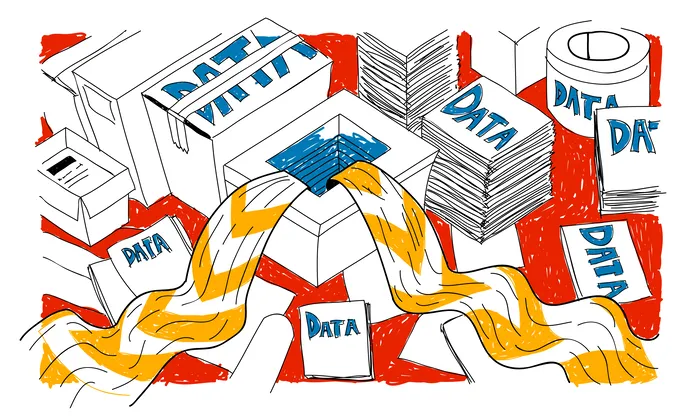Are contributors informed about how their voice will be cloned?
Voice Cloning
Contributor Rights
Speech AI
In the realm of voice cloning, informed consent is not just a formality but a cornerstone of ethical practice. Contributors need to fully understand how their voice data will be used, fostering a transparent relationship that aligns with both legal standards and moral responsibilities.
Contributor Awareness in Voice Cloning
Contributor awareness is crucial in the voice cloning ecosystem. It:
- Builds trust between contributors and organizations.
- Ensures compliance with industry standards.
- Allows contributors to make knowledgeable decisions about participation.
- Prevents misunderstandings and legal issues downstream.
When contributors are well-informed, organizations can mitigate legal risks and establish long-term, trustworthy collaborations.
How FutureBeeAI Ensures Informed Consent
At FutureBeeAI, the consent process is comprehensive and includes several key steps:
Detailed Briefings
Contributors engage in a thorough briefing covering:
- Potential applications of their voice, such as virtual assistants or storytelling games.
- Multilingual TTS systems or accessibility tools.
- Real-world impacts of their contributions.
This ensures contributors are aware of all possible uses of their voice data, reinforcing trust and compliance.
Clear Communication of Licensing and Compensation
Contributors receive transparent information about:
- Licensing agreements and usage rights.
- Compensation models, including possible royalties.
- Scope of commercial applications.
Documentation and Support
FutureBeeAI provides contributors with:
- Consent forms and detailed project descriptions.
- Access to project managers for questions or concerns.
- Regular updates on data use and project progress.
This fosters a collaborative and transparent environment.
Practical Implications of Informed Consent
Consider the following scenarios:
- A contributor thoroughly informed about their role in developing a virtual assistant led to a successful partnership with mutual benefits.
- Conversely, lack of transparency can cause dissatisfaction, erode trust, and even lead to legal disputes.
Balancing Thoroughness with Operational Efficiency
While detailed explanations are necessary for ethical compliance, the process must be efficient. Overly technical language or rushed briefings can:
- Confuse or alienate contributors.
- Lead to misunderstandings about data use.
- Increase the risk of legal and ethical issues.
FutureBeeAI addresses this by simplifying technical information using:
- Accessible language.
- Real-world examples of data usage.
- Clear explanations of licensing and compensation.
Regular communication and transparency about data use are maintained to sustain trust over time.
Best Practices for Informed Consent
Effective consent management involves:
- Clear documentation of contributor roles and responsibilities.
- Transparent communication about how voice data will be used.
- Straightforward explanation of licensing agreements and compensation.
- Open channels for questions and feedback.
By prioritizing informed consent, companies like FutureBeeAI create trustworthy, ethical relationships with contributors, ensuring high-quality, reliable datasets for AI applications.
Conclusion
In summary, informed consent in voice cloning is essential for ethical and legal compliance. Clear communication, transparency in use cases, and well-defined licensing agreements empower contributors to make informed decisions. FutureBeeAI exemplifies this approach, combining structured consent processes, accessible communication, and continuous support to ensure contributor understanding and trust.
What Else Do People Ask?
Related AI Articles
Browse Matching Datasets
Acquiring high-quality AI datasets has never been easier!!!
Get in touch with our AI data expert now!








